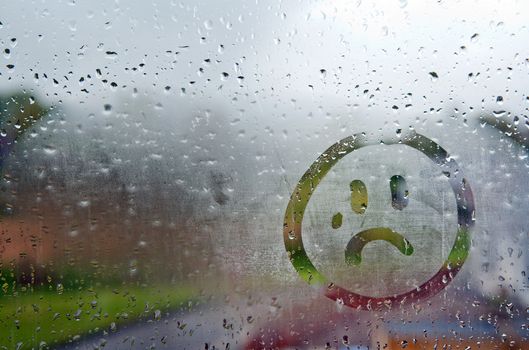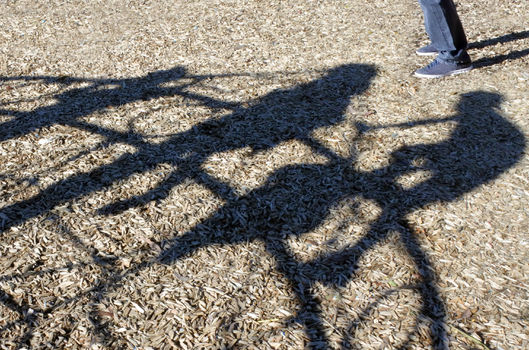What is a Registered Sex Offender?
A person convicted of a sexual offence after 1997 automatically becomes a Registered Sex Offender.
This means that they have to register with the police within 72 hours of being convicted in court.
They must give their name, date of birth, home address and national insurance number, passport details, bank details etc.
The length of time that they are on the sex offender register varies, and only a few remain on the register for life.
A small number are thought to be of high risk of serious harm, and that risk is managed by the police in discussion with social services, housing, health services and others. This is known as MAPPA (the Multi Agency Public Protection Arrangements).
Each area has a MAPPA group who decide on the best way to manage any risk posed by a registered sex offender.
MAPPA is a system where information is shared between agencies to develop a risk management plan and ensure that all reasonable steps are taken to keep people safe.
What should I do if I have a worry about a registered sex offender?
The number of registered sex offenders in our community who pose a high risk of serious harm to others is thankfully very small. However, the thought that a person may pose a risk of serious harm to you or someone you care about could be very distressing, and it may be difficult to know who to speak to. This is particularly true where the concern relates to a child.
The Sex Offender Community Disclosure Scheme, also known as ‘Keeping Children Safe’ is available to communities throughout Scotland. The scheme allows parents, carers or guardians with concerns about a child under the age of 18 years to make a formal request for the disclosure of information about a named person who may have contact with their child, if they are concerned that the person may be a registered sex offender.
Information can only be provided to a parent, carer or guardian but if you have concerns about a person’s access to a child you should make the call.
While you can phone or call into your local police station to submit an application to the scheme, the easiest and quickest way to do so is via the Police Scotland website online application form.
The detail provided and potential risk will be assessed by the police on a case by case basis.
The online application and further details are available via The Sex Offender Community Disclosure Scheme
Please remember - just because the authorities have no information about a person does not mean that there is no risk. Use common sense if you have concerns. Look at the 'warning signs' section on this website and consider a family safety plan.
Registered Sex Offenders (RSO) are actively managed in the community – they are not left to do as they wish if there are identified risks. If you have evidence of risk, pass it on to the authorities
The STOP IT NOW! Helpline 0808 1000 900 can help if you are worried about a Registered Sex Offender in your area.
Community 'outing' of Sex Offenders – ‘paedophile hunters'
Increasingly, social media is being used to actively identify sex offenders within communities, sometimes referred to as ‘outing’, and occasionally public protests are organised to target individuals at their home address.
While some people may see this as community minded action, it often undermines the significant efforts undertaken by Police and partners to manage risk responsibly.
It can make matters much worse, cause public disorder, cause families to move home and lead to the harassment of individuals who have done nothing wrong. In some situations it can increase risk in the community: the offender may have to go ‘underground’, they may lose the positive social supports they have and the stress they experience may make their behaviour more erratic and unpredictable.
Police and partners have a legal responsibility under MAPPA to manage all registered sex offenders living in communities. This is achieved by working together to assess the risk posed by each individual and forming a plan to manage any identified risk. This may include measures of support which provide a level of stability, which in turn reduces risk.
As a result, the vast majority of registered sex offenders do not present a high risk of serious sexual harm and their sexual re-offending rate is extremely low – significantly lower in comparison to other types of offenders.
With very few exceptions, registered sex offenders are entitled to live in any property they own or are otherwise accommodated in by a Local Authority or other housing provider. Their addresses undergo stringent assessment by MAPPA partners, to ensure every reasonable precaution has been taken to safeguard both the local community and the offender.
People must consider the potential consequences of their actions. If you have a concern about risk to children, contact the police or social work department.
If you have a worry about a possible sex offender
Firstly, it is important to be realistic about the potential risk posed by sex offenders in the community.
Rumour and gossip can be harmful. Stick to the facts that you know and use common sense to protect your children.
You may wish to consider a family safety plan as this is a sensible and measured approach to the prevention of child sexual abuse.
If the person that you are worried about is already known to the authorities then any risk will be managed by them. If they feel that there is any risk to a specific person then the authorities will usually disclose information to that person.
We know that very few sexual offences are reported, only in the region of 20%, so the majority of offenders will not be known to the authorities.
The stereotypical image of a sex offender is misleading as they can be male or female, young or old. Research tells us that around 30% of sex offending against children is committed by other children or young people.
If anybody has information to suggest that a child is likely to be at risk of harm then they should immediately contact the police or social work.
If you would like more information about how to act on your concerns please click here.
The STOP IT NOW! Helpline 0808 1000 900 can help if you are worried about a possible Sex Offender in your area.
Sex Offenders in your community
How those who are convicted of sexual offences are managed when in the community
Someone has been arrested for accessing Child Sexual Abuse images online
A sexual image of anyone under the age of 18, is illegal.
Child Sexual Abuse - Dispelling the myths
There are lots of myths in the area of child sexual abuse. Let's dispel some of these and learn the truth.
Warning signs that an adult might be a risk to a child or a young person
Concerned about an adults behaviour with a child? Trust your concerns.
Did you know?
There are 4798 registered sex offenders living in the community in Scotland
Source - Police Scotland
Read more









